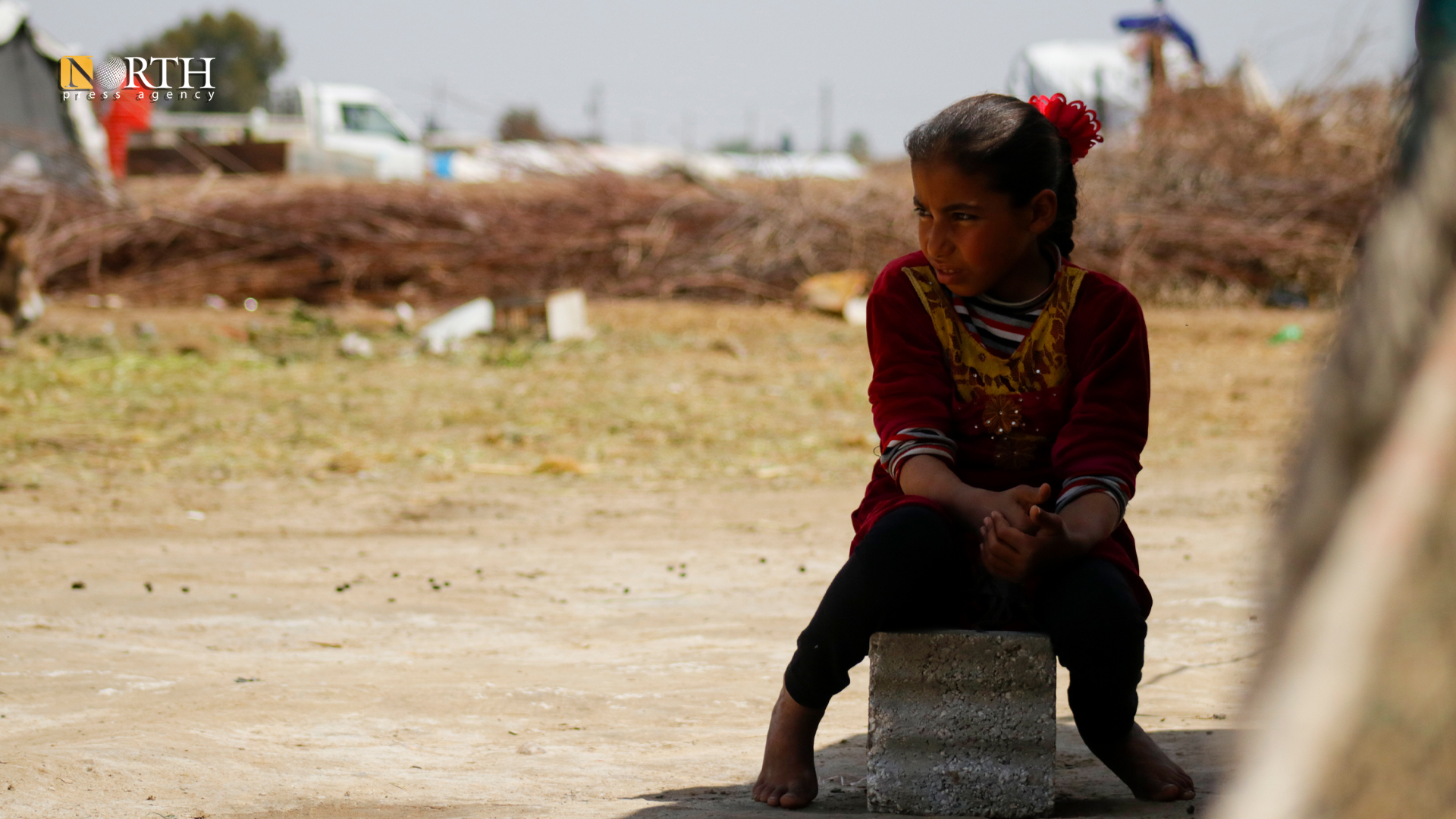QAMISHLI, Syria (North Press) – It is expected that the UN Security Council’s session in the upcoming week will witness a diplomatic battle between the US and its loyalists and Russia and its partners regarding the authorization of Syrian border crossings.
The situation today is similar to what happened in 2014, when Russia agreed to Resolution 2165 providing the delivery of aid to Syria through the border after a diplomatic battle.
At the time, Russia agreed to pass aid through Syria’s border crossing of Nasib with Jordan, Tel Kocher (al- Ya’roubiya) with the Kurdistan Regional Government, and Bab al-Salama and Bab al-Hawa with Turkey.
In July 2020, both Russia and China vetoed to extend the resolution in its current form.
Thus, the number of border gates outside the control areas of the government decreased from three to one, which is the Bab al-Hawa crossing between Turkey and Idlib, that Hayat Tahrir al-Sham controls most of its area.
Russia says that the “legitimate government (referring to the government of Syrian President Bashar Assad), must oversee passage of aid.” It seems that the Russian position will be tougher after Assad’s victory in the presidential elections, which were not recognized by several international parties, according to observers.
The delivery of aid to the Syrians is the first test for the Biden administration, who summarized the situation in Syria during his press conference after meeting with Russian President Vladimir Putin, stressing the need to deliver aid to those in need.
In late March, US Secretary of State Anthony Blinken called for the reopening of border crossings in Syria to bring in humanitarian aid.
Blinken called for the reopening of closed crossings at Bab al-Salam, on the Turkish border, and Tel Kocher on the Iraqi border, saying that they respectively supplied four million and 1.3 million Syrians.
However, Russia preempted the expected session on July 11, with a statement rejecting the American intention, in reference to an upcoming diplomatic battle in the Security Council.
On Thursday, Permanent Representative of Russia to the United Nations Vasily Nebenzya announced his country’s refusal to reopen the Tel Kocher crossing with Iraq, to bring humanitarian aid into northeastern Syria.
Nebenzya said that the proposal to the UN Security Council to reopen the crossing was “a non-starter.”
Tarek Ziad Wehbe, a political analyst who resides in France, said that Russia will veto this.
“Turkey plays the role of a non-moderate mediator because it refuses to hear what the people of [northeastern Syria] want,” Wehbe told North Press in a statement.
Wehbe added that “the Syrian issue is not of such interest to discuss in the Security Council.”
Dr. Thoreau Redcrow, an American global conflict analyst and geopolitical specialist, told North Press that he believes that Russia, the US, and the Syrian regime want to use the border crossings to create dependency on themselves and “strengthen their geopolitical position.”
“In the case of Russia specifically, they are playing all three sides (Assad, Turkey, and NE Syria), while the US is playing two sides (Turkey and NE Syria),” he added.
The analyst explained that Russia wants to be the “king maker” in Syria, acting as mediator between the Damascus government and Autonomous Administration, though they cannot achieve this as long as there is a US military presence in the northeast.
He also described Russia’s attempts to manipulate relationships with Turkey as “an odd situation, where they might be bombing Ankara’s mercenaries in Idlib in the morning, and meeting with Turkey as friends in the evening on the same day.”
On Sunday, the Autonomous Administration of North and East Syria (AANES) appealed to the international community and the United Nations to open Tel Kocher crossing with Iraq, and to separate the humanitarian situation from the political interests of some countries

